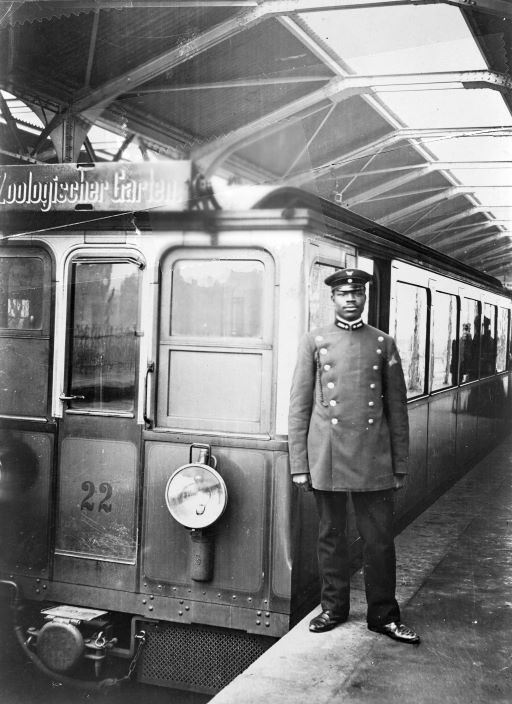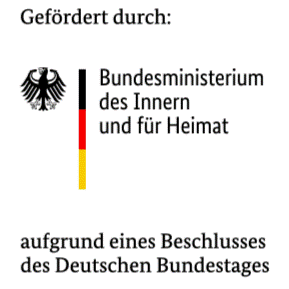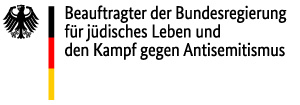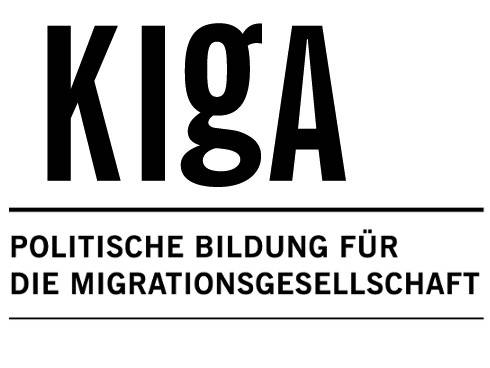Martin Dibobe
(born 1876 in Bonapriso, Cameroon – died ca. 1922, presumably in Liberia)
"Natives demand independence and equality, as it has now been introduced in the new social republic in Germany."
Martin Dibobe fought—as an African living in Germany during the Imperial Era and the Weimar Republic—for equal rights for Black people.
Martin Dibobe grew up as Quane a Dibobe in a community in Cameroon, which was a German colony until 1919. As part of the Berlin Colonial Exhibition of 1896, he was taken to the German capital and presented to the “White” population as an “exotic attraction”. After the exhibition, he remained in the Reich, worked as a locksmith and worked for the Berlin U-Bahn (metro system), becoming in the process the first conductor of African origin in Berlin. A well-known photo shows Martin Dibobe in his conductor‘s uniform. In 1902, he married a German woman, but not without obstacles—and was accompanied by massive racist hostility.
After the First World War, while Germany was forced to cede its colonies to the Western victorious powers, the racist thinking that marked colonialism remained nevertheless present in German society. During the Weimar Republic, Dibobe, together with 17 other activists, put forward 32 “Demands of Africans in Germany”, which they addressed to the Weimar National Assembly. In doing so, they went beyond demanding the independence of the former German colonies. Black people living in Germany should further receive legal equalisation—as well as political representation. The Dibobe petition stands as a fascinating manifesto of a long-standing anti-colonial activism in Germany.
Eventually, Dibobe returned to Africa, from where he had been abducted years earlier. Little is known about the last years of his life.
Duckstein, S., “Wie Duala Manga Bell den Glauben an die deutsche Kolonialmacht verlor“ (How Duala Manga Bell Lost Faith in German Colonial Power), in: Deutsche Welle, 29/11/2014, https://p.dw.com/p/1DvVs (17/11/2022).






